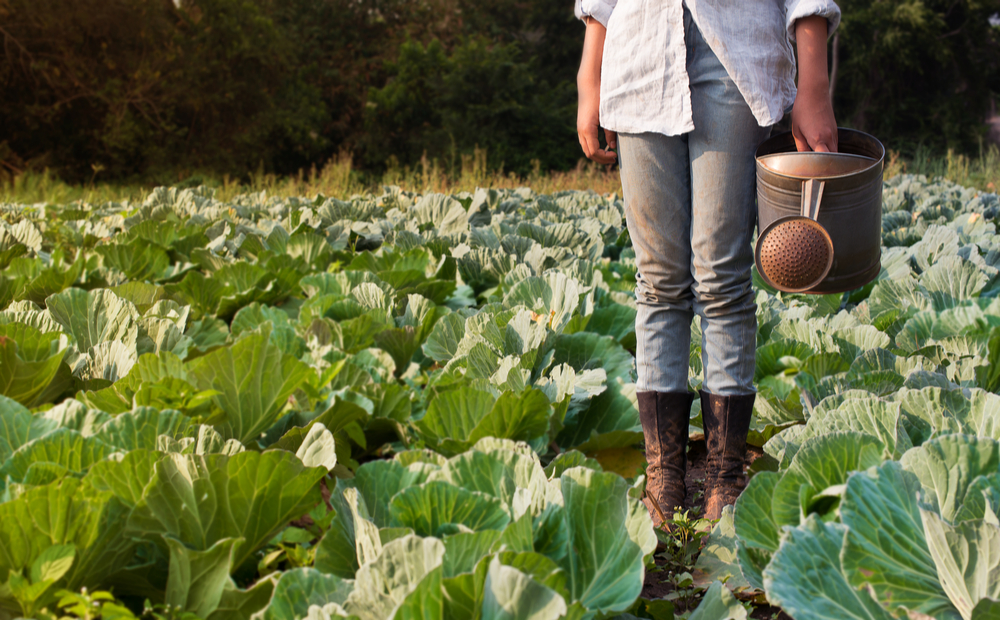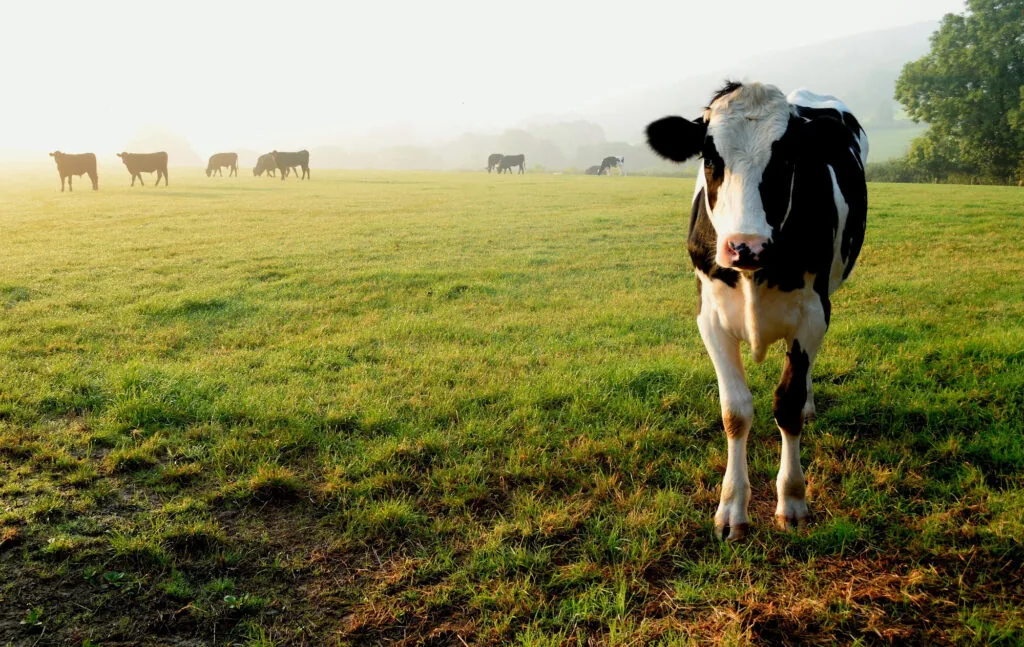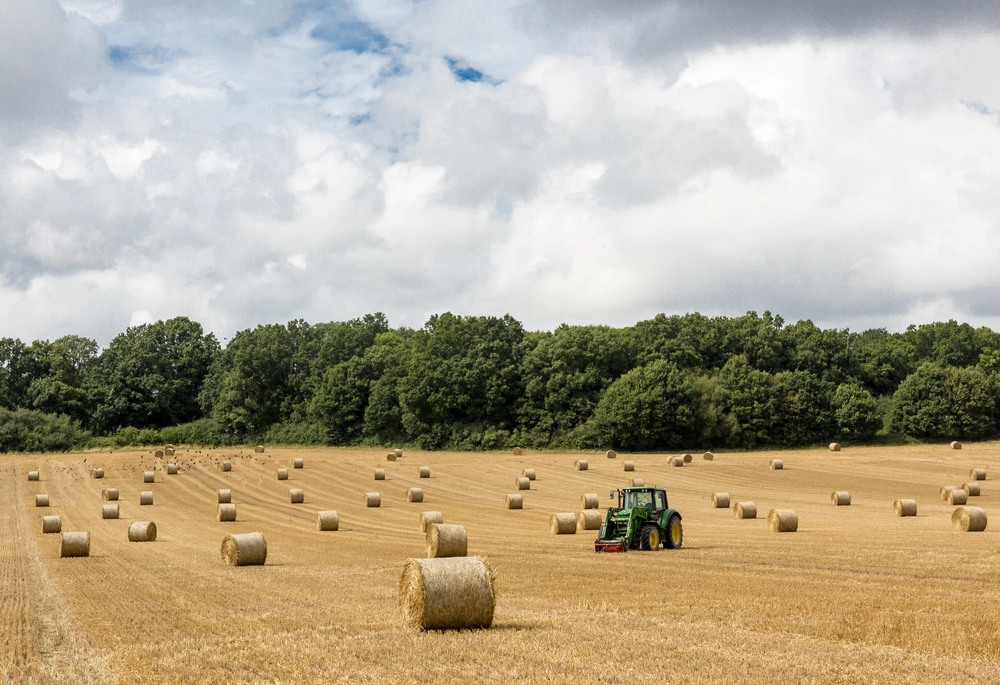
When is a promise to inherit the family farm binding?

By Edward Venmore, Arron Jolliffe
9 Nov 2023 | 5 minute read
The classic case is this: parent tells child that "one day all of this land will be yours", child works on the farm for all their life for little reward and foregoes other opportunities in the expectation that one day they will get the farm, and then parent either attempts to sell the farm or dies and leaves it to someone else. Child then sues parent (or deceased parent's estate) to argue that they have a claim and that the Court should recognise that they have a beneficial interest in the farm. These cases are known as 'proprietary estoppel' claims.
These types of claims crop up all too often in farming businesses and families. As these claims have the potential to cause huge disruption and undermine well-laid succession plans, this article focuses on when these types of claims arise and what landowners can do to try to avoid them.
What is proprietary estoppel?
To bring a claim for proprietary estoppel, four essential elements must be proven. They are:
The claimant must show that the landowner made a promise, representation or assurance that the claimant will receive the landowner’s property, either now or at some point in the future. The assurance must be sufficiently clear and precise in the circumstances, and classic examples include phrases such as “this is as much yours as mine” or “this will all be yours when I die”. What is very likely not enough is an assumption, like an only child assuming that they will inherit property from their parents, or an imprecise statement, like “I may leave this to you when I die”. It does not have to be an assurance from parent to child: it can apply to any assurance made by anyone to anyone.
The claimant must show that they relied upon the assurance, and that the reliance was reasonable in the circumstances. Reliance involves showing that you acted differently to how you would have if the assurance had not been made – for example, taking a low wage (or no wage at all), not pursuing another career, moving back to the farm, or not insisting on becoming an equal partner in the farming business. This reliance must have also been reasonable in the circumstances – so, for example, if an assurance is made in relation to one field, it may not be reasonable for the claimant to rely on this to assume that they will receive the entire farm.
The claimant must then show that the reliance resulted in a detriment – for example, lost career opportunities or loss of earnings.
Finally, the claimant must show it would not be unconscionable (essentially, unjust) to enforce the proprietary estoppel claim. So, as an extreme example, if the claimant physically attacked the landowner, it would obviously be unconscionable for the court to conclude that the landowner should be held to their assurance. The claimant’s behaviour towards the landowner must be unimpeachable: they must come to the court “with clean hands”.
What remedies can successful claimants receive?
The starting point for a remedy is that the court will look to put the claimant in the position they would have been in if the landowner had done what was promised. For example, if the claimant had been promised the entire farm, the starting point is that the court will recognise that the claimant has a beneficial interest in the entire farm. However, the courts have a wide discretion when deciding what remedy should be granted and will take all of the facts of the case into account when deciding this. For example, the court might defer the benefit until the landowner dies, or it might only grant the claimant a remedy which is proportionate to the detriment, if the detriment was minimal and it would be grossly unfair to make the landowner perform the assurance.
As an example of this, in the case of Guest v Guest (2022), a married couple promised their son that he would inherit a significant part of their farm when they died. As a result, the son worked on the farm for over 30 years, putting in very long hours for little pay, and maintained a cottage on the farm at his own expense. Relations between the parties deteriorated, and the son was eventually excluded from his parents' wills. The court accepted his claim for proprietary estoppel and initially awarded him a lump sum of £1.3 million, representing 50% of the value of the farm business and 40% of the value of the land. As paying this would have forced the parents to sell the farm, the decision was appealed all the way to the Supreme Court, which modified the remedy so that the parents could decide whether to pay the son now at a discount or leave a share of the farm and business to the son in their wills.
In the case of Davies v Davies (2016), a married couple's daughter (later dubbed the 'Cowshed Cinderella') argued that her parents had promised her a share of their dairy farm and as a result she had worked hard for over 25 years "with a muck fork" for very low pay whilst her two sisters went out socialising. At trial, the court accepted her proprietary estoppel claim and awarded her £1.3 million, which was around a third of the value of the farm. However, the parents appealed on the basis that their daughter had appeared to have given up on her expectation of inheriting the farm and walked out on a number of occasions, only to later return, and her remedy was ultimately reduced to around £500,000.
What can farming families and businesses do to avoid proprietary estoppel claims?
Talk about succession planning!
Farms are often relatively asset rich and cash poor, which means the value in the business is locked up in land and assets, and that farms are often run as intergenerational businesses, with the older generation classically retaining control and ownership right up until death. This can make succession discussions daunting for both the older and younger generations, as the older generation frequently wants to retain control and carry on working for as long as they can, and the younger generation wants the certainty of knowing that they will ultimately inherit the farm after years of hard work. This can often result in families simply not talking about plans for the future, which can mean that statements said potentially decades ago are relied upon for years without anyone saying anything to support or contradict this. The point in time when this often comes to a head is when the older generation begins to wind down and the younger generation begins to take more responsibility for decision making. This results in a clash of ideas, risk attitudes and spending preferences, arguments follow, and all of a sudden, the landowner changes their succession plans to seek to disinherit the claimant.
With that in mind, the most effective ways to avoid a proprietary estoppel claim are as follows:
- Document your intentions – By documenting how you intend for your land to be dealt with during your lifetime and on your death, through for example a partnership agreement, deed of trust or will, you force yourself to make difficult decisions which you might otherwise put off. By making those decisions, you may find that this encourages you to behave more clearly and in a less contradictory or uncertain way when it comes to how the farm will be passed on to the next generation.
- Communicate – Be open with family members about your intentions. A lot of proprietary estoppel claims arise because of misunderstandings, what might have been throwaway comments made decades ago, or because intentions change but are never communicated. Involve family members in decisions so that they are aware of your plans and you can be sure that their hopes and aspirations are properly taken into account.
- Be honest – Simply put, do not make a promise or give an expectation which you do not intend to fulfil. It is not uncommon for landowners to make throwaway comments about how land will be dealt with in the future, and these comments can easily be misinterpreted as an assurance which gives rise to a claim of proprietary estoppel.
If you are looking to protect your family's assets for future generations, or you find yourself in a position similar to the cases described above, then you need to take legal advice. Foot Anstey has specialist lawyers specialising in private wealth, succession planning, and farms, estates, and rural land who are on hand to help.
Listen to our latest Experts in the Field podcast episode on this topic below.
Also, read other relevant articles we have written on proprietary estoppel at the following links:














